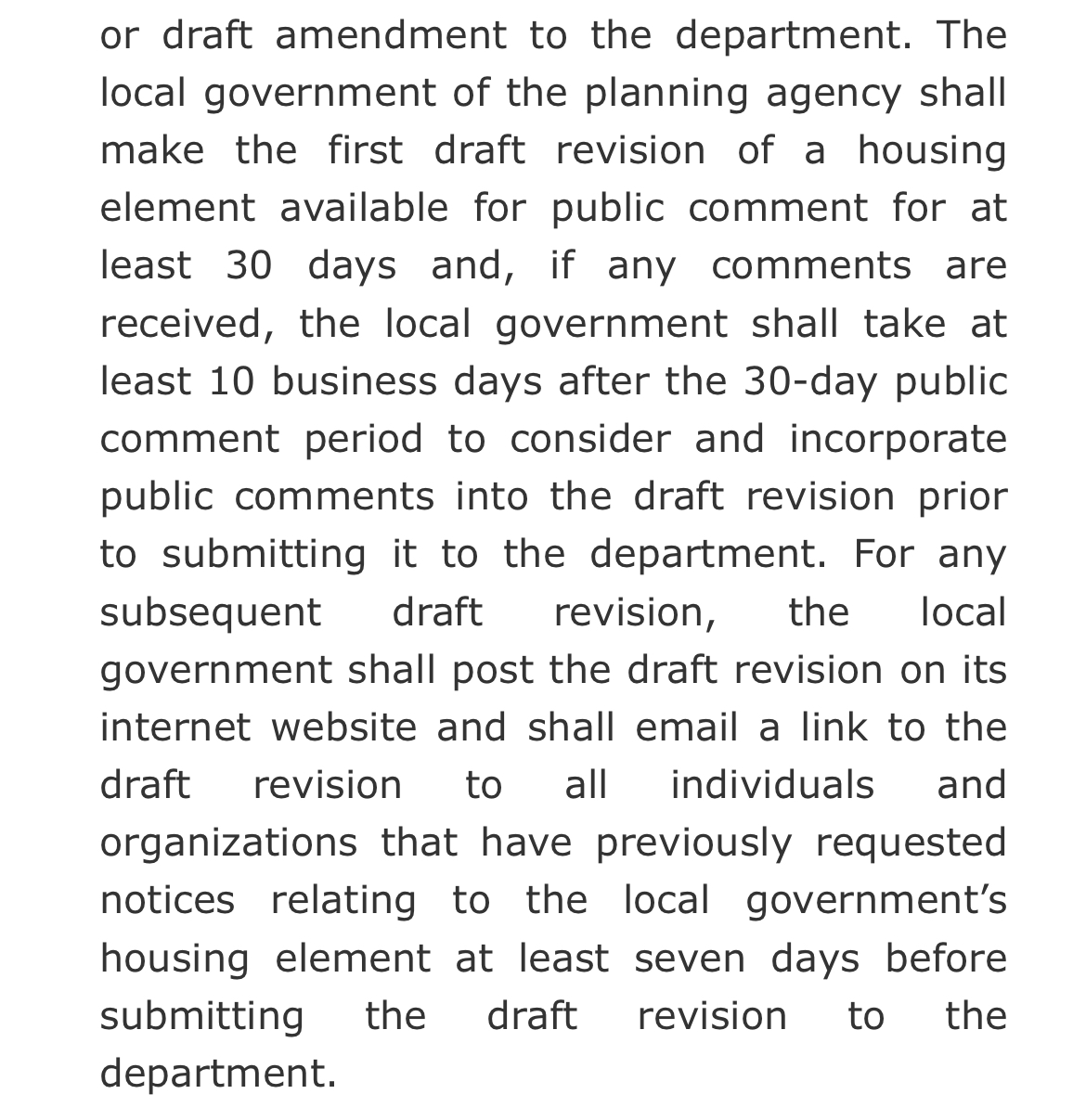Comments
AB 84 - Call it a rude awakening that left bruises. The collapse amid massive financial fraud of charter-school chains like Celerity in L.A. in 2017 and A3 in San Diego in 2019 prompted outrage from voters and some overdue reforms. Even today, state lawmakers — led by Assemblymember Al Muratsuchi of Torrance — are moving forward AB 84 to rein in charter-school misdeeds like deceitful claims of enrollment, reckless spending, and lax governance. The bill aims to prevent recurrence of pain, waste, and neglect of student needs perpetrated by past wrongdoers.
But even in L.A., a city scalded by criminal scandals and ethics meltdowns by charter-school operators and promoters, a new and insidious threat has emerged from recent shifts in state housing policy.
Some residents of a quiet enclave in Silver Lake liken the recent expansion of Citizens of the World Charter (CWC) into a second building on Beverly Blvd. to an invasion of their neighborhood. Conflicts are simmering around the CWC’s new middle school, less than three blocks away from its charter-school elementary.
Complaints about unauthorized parking maneuvers by parents, staff, and visitors that block residents from getting in or out of their driveways add to others about long lines of idling cars by parents that snarl traffic and pollute the air on blocks around CWC’s two school locations at morning drop-off and afternoon pick-up.

Developers who leverage AB 2097, which said nothing about charter schools, can get away with providing minimal or zero parking spots.
One flashpoint for neighbors’ rising fury in Silver Lake is a state law, approved in 2022, that aimed to accelerate housing construction. AB 2097, carried by then-Assemblymember Laura Friedman, had the noble intention of alleviating parking-space mandates on developers of residential housing units in urban and suburban tracts well-served by public transit. One talking point for its passage was encouraging biking, walking, and commuting by bus while lessening car exhaust and greenhouse gas emissions.
In an ugly twist, however, charter schools like CWC are seeking to exploit the provisions of AB 2097. The law does not mention charter schools in any of its provisions and does not authorize any kind of school to take advantage of its benefits. In fact, the only mention of “school” in AB 2097 is the assurance that a local school district has no claim for reimbursement under the law.
The provision of the residential-housing law that charter schools seem most eager to exploit is the elimination of responsibility to provide parking spaces when putting a new building on a property.

Who needs to be notified about the elimination of parking spaces by a developer using AB 2097? The law itself provides a convoluted channel of communication that does not guarantee local stakeholders, including neighbors, are informed.
Indeed, a stunning declaration jumps out of the bland jargon of a recent project approval from the City of Los Angeles. “The project shall be permitted to provide a minimum of zero parking space … (AB 2097).”
As neighbors of the newly built CWC middle school in Silver Lake can testify, exploiting AB 2097, which was intended to expedite residential units, to instead enable a charter school with minimal or zero parking is playing with fire. Nearby residents report that some school staff and visitors aggravate an already high demand in the neighborhood for scarce parking spots.
In a macabre twist tied to the displacement of responsibility for parking off of developers and onto local neighborhoods, the duty of notification to local residents is shattered by AB 2097. All that the bill specifies is a highly bureaucratic process to alert someone who may have made an official inquiry about city housing policy. Nowhere is there a guarantee similar to the City of L.A. requirement, from January 2015, to notify adjacent or nearby property owners of local development. The recourse to provide input, file a complaint, or weigh in with constructive recommendations about a Conditional Use Permit (CUP) that includes parking restrictions and protections for residents also seems to be undermined if not entirely sidelined by AB 2097.
On many school days, neighbors of CWC report cars by the scores and even hundreds of parents, deprived of a parking lot or adequate vehicle entry area at the charter school, that line up on surrounding blocks and belch noxious exhaust fumes over the neighborhood. Special events at the charter school have led to blocked driveways on weekends, an experience at least one neighbor called nightmarish.
Far from reducing gas-burning and climate-destroying emissions, this daily scenario outside a development that exploited AB 2097 to drastically cut its obligation to provide parking appears to be a grotesque violation of climate responsibility.
It’s also a glaring imposition on neighbors, who are saddled with gross inconvenience, nuisance, and conflict arising from outsiders treating their block and their community like a parking lot. For a charter school called Citizens of the World, what example does this pollution and exploitation set? What kind of a lesson in courtesy, consideration of others, and climate action does it inculcate in a new generation?
(Hans Johnson is a longtime leader for LGBTQ+ human rights, environmental justice, and public education. His columns appear in national news outlets including USA Today and in top daily news outlets of more than 20 states. A resident of Eagle Rock, he is also president of East Area Progressive Democrats (EAPD), the largest grassroots Democratic club in California, with more than 1,100 members.)






